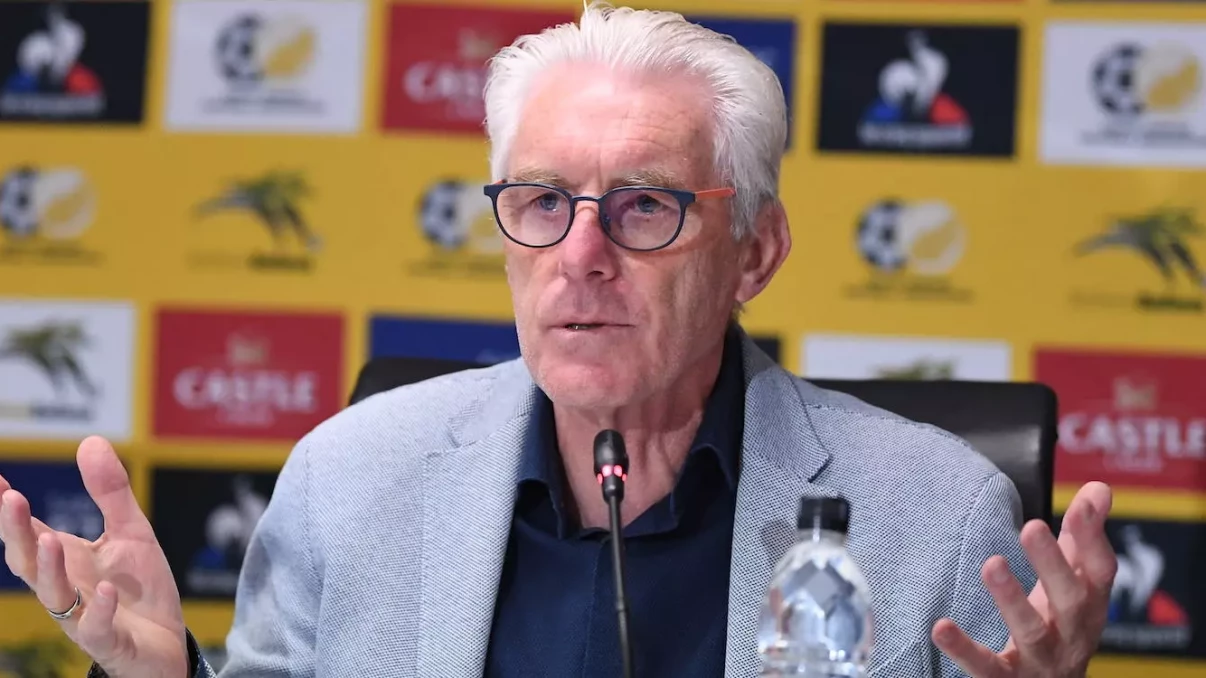FIFA points out key SAFA shortcomings
There is a major lack of investment in talent development and education that needs to be addressed in South African football, according to a study conducted by FIFA.
A programme called Increasing Global Competitiveness, which was aimed at the analysis of the talent development ecosystem in South Africa, is an 81-page report produced by the office of former Arsenal head coach Arsene Wenger, who is now the FIFA Chief of Global Football Development.
According to this report, which was done in 2021 but not released publicly, SAFA spends only 4% of its budget on talent development and only 2% of it goes towards coaching education.
In 2019, the year when Bafana Bafana made it as far as the Africa Cup of Nations (AFCON) tournament quarterfinals after shocking hosts Egypt, and Banyana Banyana made their debut at the FIFA World Women™s World Cup in France, SAFA spent a large share (72%) of the technical budget on national teams.
The FIFA report also highlights the discontinuation of the initiative to appoint Provincial Technical Officers (PTO™s), due to a lack of funds, as the biggest hindrance to football development in the 52 SAFA regions.
It further states that the organisation at regional and local levels is inconsistent and lacks technical expertise, with a further lack of funding hampering the plans of SAFA to improve in this space.
Also highlighted is, with the 2010 World Cup legacy fund having been exhausted, this is going to affect many areas, including coaching education and the High Performance Centre project at the University of Pretoria.
The HPC programme has been the cornerstone of the growth of a strong Banyana Banyana ever since it was started in 2003. A number of players including longest-serving captain Janine Van Wyk, Thembi Kgatlana, Linda Motlhalo, former captain Siphiwe Dludlu, Robyn Moodaly and many more come from this programme.
Some of these players helped Banyana to its maiden Women™s African Cup of Nations (WAFCON) title in Morocco last weekend.
On the Human Resources side, the report says full-time staff is in short supply and that the current employees cover only technical roles and require training in order to ensure a successful implementation of the Vision 2022 plan.
Report Recommendations:
1.) Stronger governance is required to ensure SAFA follows a consistent course and that the Technical Division, which has been operating without a permanent Technical Director for more than two years now, needs support to raise standards and ensure a more consistent, nationally directed approach to football development.
2.) FIFA advises SAFA to seek FIFA and Asian Football Confederation (AFC) support to implement more coaching, mentorship and leadership programmes in order to expand female workforce across SA.
3.) They are also advised to explore ways to improve the recruitment, development and performance management of its technical staff. Overseas study visits organised with other football associations around the world are encouraged.
4.) It goes on to say, SAFA requires a network of qualified technical personnel across the country and would be well advised to reinstate the PTO™s or introduce a similar concept and ensure there are support staff at regional and local levels.
5.) They have also been advised to explore the capacity of MySAFA or invest in new robust data management systems to support core technical areas, such as talent ID, national teams and coach education.
After the recent elections, SAFA President Danny Jordaan acknowledged that this has been their Achilles heel and promised that going forward these are the things they need to tackle.





